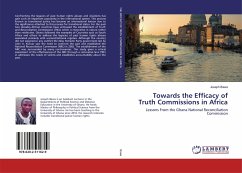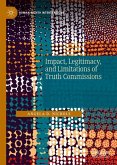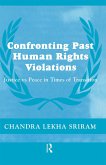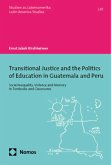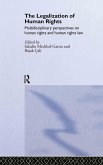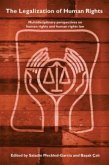Confronting the legacies of past human rights abuses and violations has gain such an important popularity in the international system. This process known as transitional justice has become an international lexicon due to the significance attached to this process for transitional states. For the past two decades African countries have witnessed the establishment of Truth and Reconciliation Commissions (TRCs) which is restorative in nature rather than retributive. Ghana followed the examples of Countries such as South Africa and others to address the legacies of past human rights abuses associated primarily with unconstitutional regimes. Although the country did not experience any conflict the New Patriotic Party government led by John A. Kufuor saw the need to confront the past and established the National Reconciliation Commission (NRC) in 2002. The establishment of the NRC was surrounded by many controversies. This study gives a critical assessment of the effectiveness of the NRC through a restorative lens (TRC) in addresses the needs of victims and establishes accountability about the past.
Bitte wählen Sie Ihr Anliegen aus.
Rechnungen
Retourenschein anfordern
Bestellstatus
Storno

